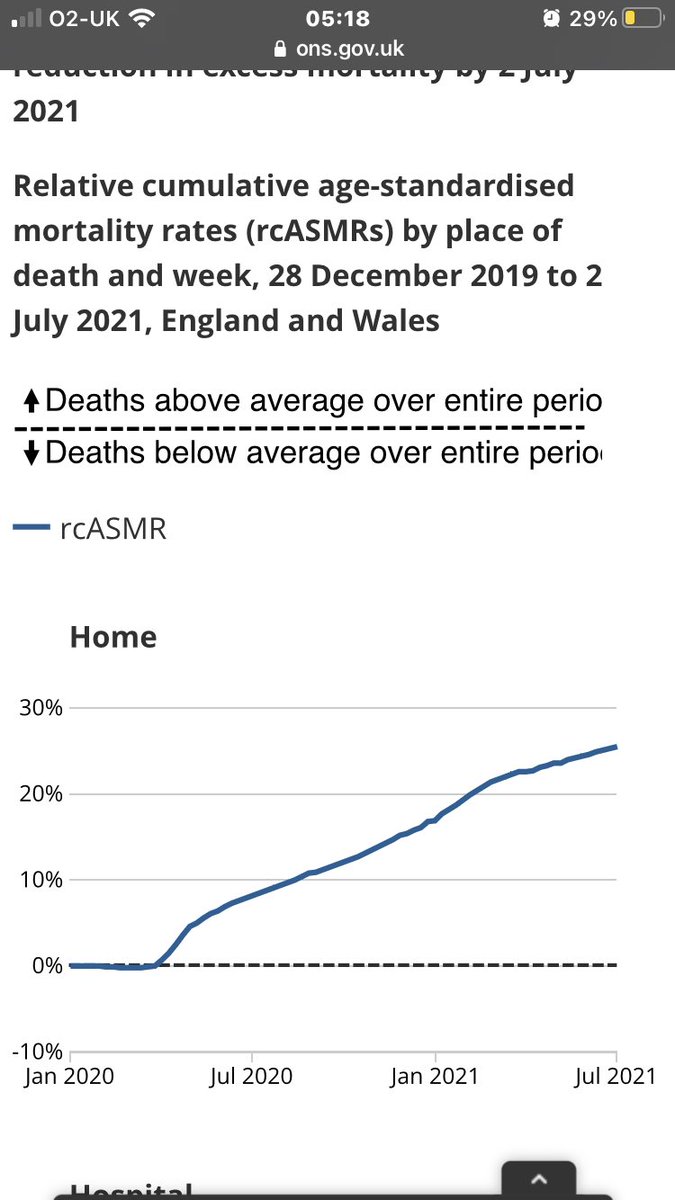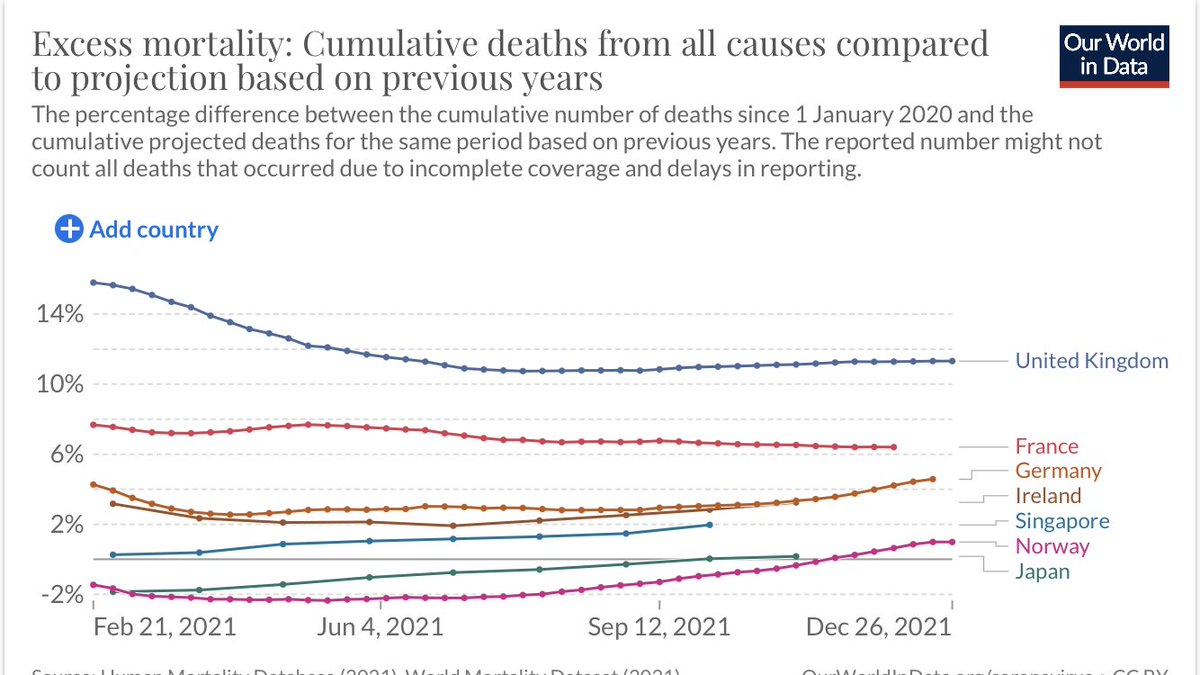
How similar is Covid to Flu in the UK?
On an individual level, the risk of severe Covid-19 in a fully boosted adult is significantly lower with Omicron than Delta.
How close is that individual risk to the risk with Flu?
Short 🧵
On an individual level, the risk of severe Covid-19 in a fully boosted adult is significantly lower with Omicron than Delta.
How close is that individual risk to the risk with Flu?
Short 🧵
I will provide some data and sources at the end, but the main points are:
1. Rate of death from Covid has dropped significantly over the last year. By about ten-fold.
2. Omicron may even be less than this, once we are out of the Omicron wave.
3. Overall risk is still likely more than X 6 higher than Flu.
But all this does depend on what you see as flu!
But all this does depend on what you see as flu!
When people talk of flu and Covid, most want the reassurance that Covid will be less dangerous and less dominant. “Flu is awful but rarely bad, unless frail”
Under this perception of the flu, Covid really is quite different. And even If Omicron-levels of severity remain, Covid is - sorry - much more severe than Flu.
Direct deaths from Flu are really uncommon. That is, someone gets flu so severe that they have to go to hospital. You have likely only heard of a handful of people ever being admitted to hospital with flu.
In this, the public perception of flu, Covid-19 caused around 120 times more deaths than Flu in 2020. And about the same in 2021.
Comparing Covid to a bad flu year, it is about X 30 deaths.

Comparing Covid to a bad flu year, it is about X 30 deaths.


But this does include pre-vaccine deaths. Total Covid mortality so far is about 230 per 100k. Since vaccinations it has fallen recently to around 60 per 100k. Flu is typically around 5-10 per 100k (but this likely includes contributory deaths).
apps.who.int/iris/rest/bits…
apps.who.int/iris/rest/bits…
In terms of individual risk, it is slightly different. Firstly, we don’t know how many flu cases there are worldwide and therefore what the infection fatality rate (IFR) is. We have estimates. On WHO estimates IFR is about 0.05%. who.int/influenza/Glob…
What we don’t know is whether this Omicron surge of cases and deaths will be it for the year. If so, Covid is killing > X 6 that of flu. A new variant together with immune waning together with reduced booster uptake…it is likely to be higher.
Under this same perception of flu (the “public” perception), there is the ‘flu-deaths are in the frail and extremely vulnerable’ experience. And yes, some approaching the end of their life do succumb to flu.
This is not Covid!
This is not Covid!
Covid increases every adults chance of dying by the same proportion (assuming vaccine status is the same and access to healthcare remains). Indeed, the % of excess deaths in those under 65yrs remains higher than older age groups, still! 



And finally, complications of Covid versus Flu.
Flu can cause bacterial pneumonia, heart problems and post-viral syndromes.
Covid causes much more! Especially if needing hospital treatment. Risks of many major disorders, including stroke, heart attacks, lung disease,… all ⬆️
Flu can cause bacterial pneumonia, heart problems and post-viral syndromes.
Covid causes much more! Especially if needing hospital treatment. Risks of many major disorders, including stroke, heart attacks, lung disease,… all ⬆️
Severe Covid causes a slightly higher complication rate as being admitted with bacterial pneumonia. But there is clear evidence of milder disease causing complications too.
Flu is a serious disease causing a heavy toll on life and on healthcare provision.
Bacterial pneumonia is much more deadly and much more burdensome than flu (although some are triggered by flu - the hidden cost of flu!).
Bacterial pneumonia is much more deadly and much more burdensome than flu (although some are triggered by flu - the hidden cost of flu!).
Covid is still causing more death than pneumonia, way more than flu, and carries a massive burden on the health system. The secondary effects of Covid are almost unquantifiable.,,
ONS have recommended an investigation into home deaths from non-Covid conditions as evidence suggests this may be due to a failing health systems. 



From my perspective, we rarely see serious Flu cases, and very rarely see younger (<70yrs) with complicated flu. We see a lot of pneumonia and now a lot of Covid.
Individual risk is a lot less for most.
But I think at best we are looking at doubling the burden from Pneumonia.
Individual risk is a lot less for most.
But I think at best we are looking at doubling the burden from Pneumonia.
Is Covid the same as flu? No. It is its own entity and something we have never experienced before. We should define it as such.
• • •
Missing some Tweet in this thread? You can try to
force a refresh





